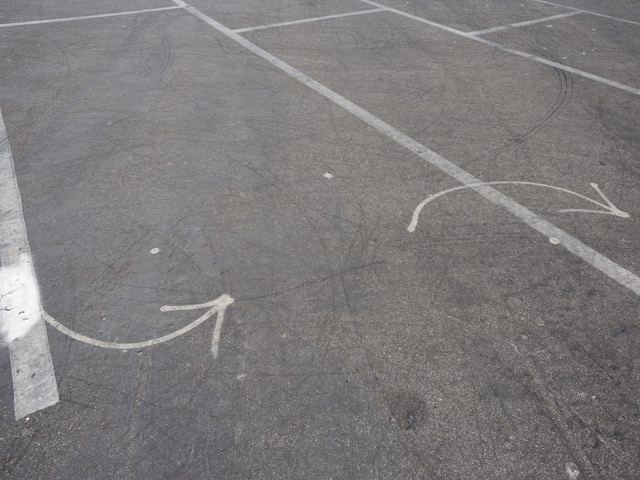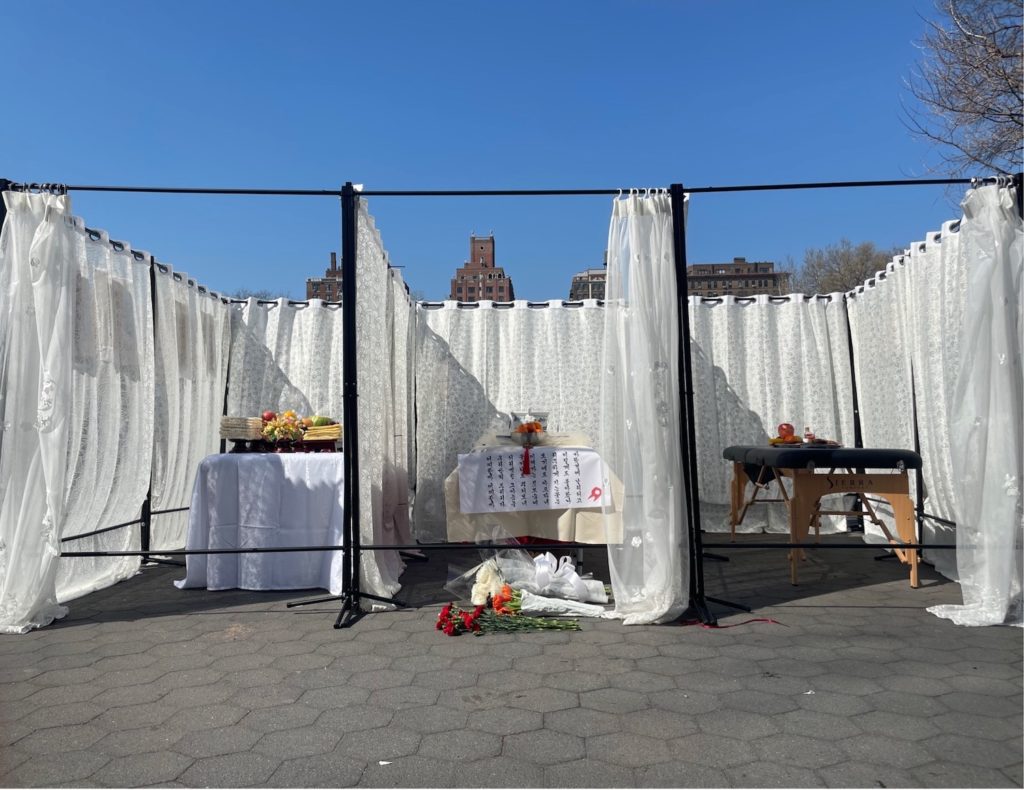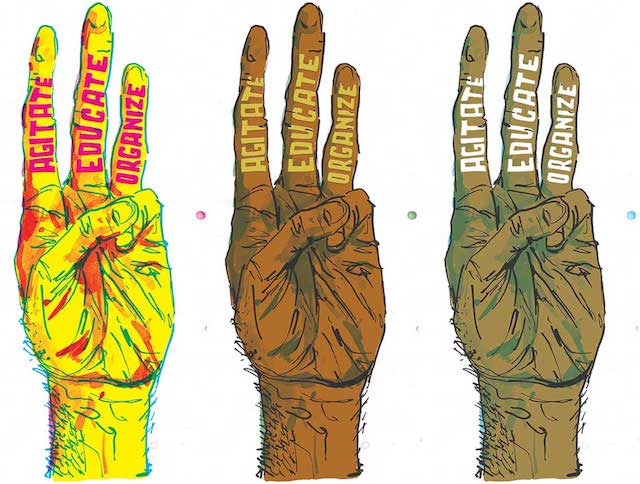Another set of resources for transformation, joining resistance movements, building other worlds, and more.

December 2, 2016
Shift gears from the multidirectional approach of the last Keeping Tabs. Along with more references for reading, organizing, and security, we’re also taking a cross section of the moment. On this week’s roundup, traverse action/capacity, mundanity/urgency, and history/futurity with us, and help us put together what occurs when these meet. Come to a connection with us by scrolling through the links below.
A Time for Treason by TNI
Compiled by a group of marginalized anti-fascist, anti-capitalist writers and organizers for the New Inquiry, this booklist spans texts on anti-fascism, state violence, and resistance.
We studied and pursued methods for revolutionary social change before Trump came to power, and our core focus remains the same: abolishing the ever-enlarging systems of hierarchy, control, and environmental destruction necessary to sustain the growth of capital. With the ascendance of White nationalist ambition to the upper echelons of empire, we have given special attention to struggles waged and endured by marginalized people for whom the fight against capital has always been a concurrent fight against Anglo-Saxon supremacy.
Although there are bleak times ahead, we must remember that for most of us America was never paradise. Democrats and liberals will use this time to revise history. They will present themselves as the reasonable solution to Trump’s reign and advocate a return to “normalcy.” But their normal is a country where Black people are routinely killed by police and more people are imprisoned than any other place in the world. Their normal is a country where millions are exploited while a handful eat lavishly. Their normal is the opposite of a solution; it’s a threat to our lives.
Content warning in the following piece for mention of slurs.
Tips for Joining the Movement by rad fag
From learning about and historicizing existing movements to engaging in multilevel resistance, Benji Hart of rad fag shares tips to keep in mind for joining transformative movements and organizing.
Movements aren’t movements unless they are able to grow, to incorporate new voices and bodies that were previously uninvolved. The incredible spreading of direct action in response to the fear and violence spurred by the Trump campaign is encouraging, necessary and welcome. It also means that many of those in the streets may have never before thought about what the purpose of direct action is, how they hope to impact the systems they are protesting, and who has been in the streets before them.
Here are some tips on how to enter the ongoing movement—not just against a fascist president, but for the total transformation of our society.
Join us in saying: #IWillNotStandBy by The New York City Anti-Violence Project
The New York City Anti-Violence Project pulls together a pledge against violence against LGBTQ people, and provides a list of intervention tactics to consider when witnessing hate violence.
New Yorkers,
We can all take action to end violence against LGBTQ people.
Today, we’re asking you to sign this pledge—and to commit to look out for one another, to report anti-LGBTQ violence and discrimination where we witness it, and to intervene in ways that are safe for ourselves and those around us.When you witness violence, you can ALWAYS report it to AVP on our English/Spanish 24/7 hotline at 212-714-1141 or our Online Reporting Form (http://avp.org/get-help/report-violence).
The hotline can also be a resource for the survivor if they so choose.
What To Do Instead of Calling the Police by Aaron Rose
This document, organized by Aaron Rose, consists of alternatives to policing that span both the practical and the theoretical.
So, you understand that the police force in the U.S. upholds a system of racialized violence and white supremacy. You know that, when police get involved, black people, Latinx people, Native Americans, people of color, queer & trans people, sex workers, women, undocumented immigrants, and people living with disabilities and mental illness are usually in more danger, even if they are the victims of the crime being reported. You know that police violently escalate peaceful interactions and murder black people with impunity every single day in this country.
But, your neighbor is setting off fireworks at 3am, or there’s intimate partner violence happening outside your window, or you see someone hit their child in public… What do you do? What do you do instead of calling the police? How do you keep yourself safe without seeking protection from a system that is predicated upon the surveillance and extermination of others?
A 70-Day Web Security Action Plan for Artists and Activists Under Siege by Candace Williams
Candace Williams’ entry on Medium provides an action plan consisting of steps we can take to increase our web security.
We have 70 days until Donald Trump takes office. It’s imperative that folks under siege (POC, LGBTQ+, Indigenous folks, immigrants, Muslims, folks with disabilities, etc), especially artists and activists, take steps to protect their data and privacy online.
Content warning in the following piece for sexual themes.
A Brief History of Cyborgs by Franny Choi
For the Drunken Boat, Franny Choi slips between cyborgia, animalism, and human abjection at Disneyland.
There was an animal who learned to break things, and he grew and ate and grew and ate and
A scientist made a machine girl and wedded her to the internet. He walked her down the aisle and said, Teach her well. The trolls rubbed their soft hands on their soft thighs.
The British scientist was discovered to be a soft man. He made a machine that could break any code, as a means of hardening a little.
At Disneyland, I watched lights move across a screen and, for a moment, forgot the names of my rotting parts. In this way I became somewhat more like a light, or a screen for lights.
The scientist’s daughter married the internet, and the internet filled her until she spoke swastika and garbage, and the scientist grew afraid and grew and
The animal rose and gave itself a new name.
Content warning in the following piece for murder.
On our place in queer literature / Publishing and white supremacy / The Trans Women Writers Collective by Jamie Berrout
Responding to Gabrielle Bellot’s “Queer Writers in the Age of Trump“, Jamie Berrout addresses the familiar ‘urgency’ for trans women writers at the moment, and how the Trans Women Writers Collective is laying down a foundation for supporting trans women writers of color, on Patreon.
We know the urgency to sell our work now to make a little extra income needed to pay the bills and buy groceries. The urgency to create writing that might convince others of our worth so they’ll donate to the fundraisers that finally will allow us to pay for necessary, too-long delayed medical care. The urgency to reach other trans women through our writing and give them some of the support that we ourselves so desperately need. I don’t know where Bellot has been, but the trans women writers I work with have always known this urgency, they have always known the important of their writing, and they have rarely, if ever, known the safety of laws. The age of Trump may be far worse than the present, but it also will likely be much the same for us as always, because, prior to Trump, we’d hardly arrived at any legal protections, sense of safety, publishing opportunities, writing careers, or anything like a literature of our own. We have always been working in that time of lack, the time before, the time of us alone.
Content warning in the following piece for abuse, murder, and suicide.
The Future of Mass Incarceration in America by The Leonard Lopate Show
Baz Dreisinger, Mariame Kaba, and Derrick Hamilton survey the state of the the U.S. prison industrial complex, through institutional racism in the ‘War on Drugs’ to #FreeBresha, on WNYC’s Leonard Lopate Show.
Baz Dreisinger, Mariame Kaba and Derrick Hamilton join us for a panel discussion about the future of mass incarceration, the juvenile justice system, private prisons and prison and bail reform in the U.S.
Content warning in the following piece for abuse.
Episode 36: Walidah Imarisha by The Spine
On The Spine, Walidah Imarisha recounts Octavia Butler’s imaginings of new worlds, Malcolm X’s autobiography, and the various racializations of Klingons, and pushes for the radical capacities of science-fiction. (Find Imarisha’s reading list mentioned in the podcast here!)



